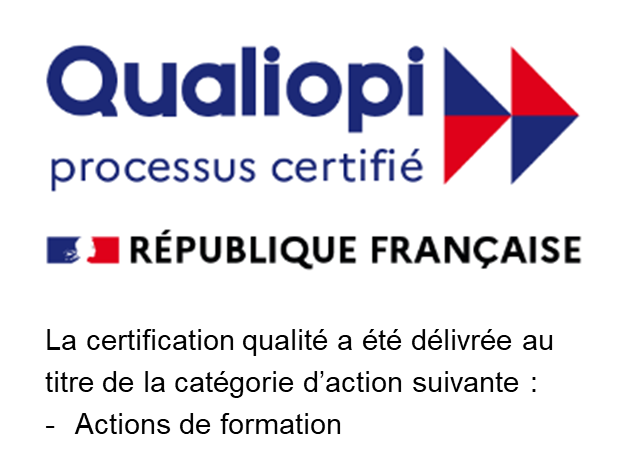TEAM SPOTLIGHT: PATRICIA GLASEL
Patricia Glasel has a rich international background, having lived in several different countries growing up. Her journey began in Gabon, where she was born, and extended across various African nations due to her father's work. Patricia's extensive experience as an expatriate has given her a deep understanding of the joys and challenges of living abroad. She holds M.B.A. an a degree in organizational behavior and cross-cultural training from Northwestern University, which has equipped her to support others in their global mobility journeys. After having lived in 11 countries, Patricia currently resides in France and enjoys sharing her experiences to help others navigate their expatriation adventures. Patricia also serves as a Foreign Trade Advisor for the French Government, providing high-level insights and support for international trade initiatives.
Tell us about being a child expatriate and how that experience shaped you.
I was born in Gabon and lived in several African countries due to my father's work. This early exposure to different cultures taught me the importance of understanding and adapting to new environments. Despite my extensive experience, I realized the need for continuous learning and support, which led me to study organizational behavior and cross-cultural training. Living in these countries, I learned that understanding the local culture deeply is crucial, and this realization has driven my passion for helping others navigate their expatriation journeys.
How do you see the role of technology, especially AI, in the future of global mobility?
Technology, particularly AI, will revolutionize our mindset and operations. AI acts as a mentor, enhancing our capabilities and making us more efficient. It supports our mental processes, helping us stay organized and informed. I believe AI will play a crucial role in making global mobility more effective and streamlined. It’s like having a mentor for the mind, providing support and organization, which is essential in our fast-paced world. AI’s polite and calm interaction style also adds a positive dimension to our daily lives.
Share this post

















